
"The Writing Guy" | Christian | Host: How I Write Podcast | I tweet about writing, beauty, and architecture | My writing: https://t.co/SOE9HtxXdi
373 subscribers
How to get URL link on X (Twitter) App

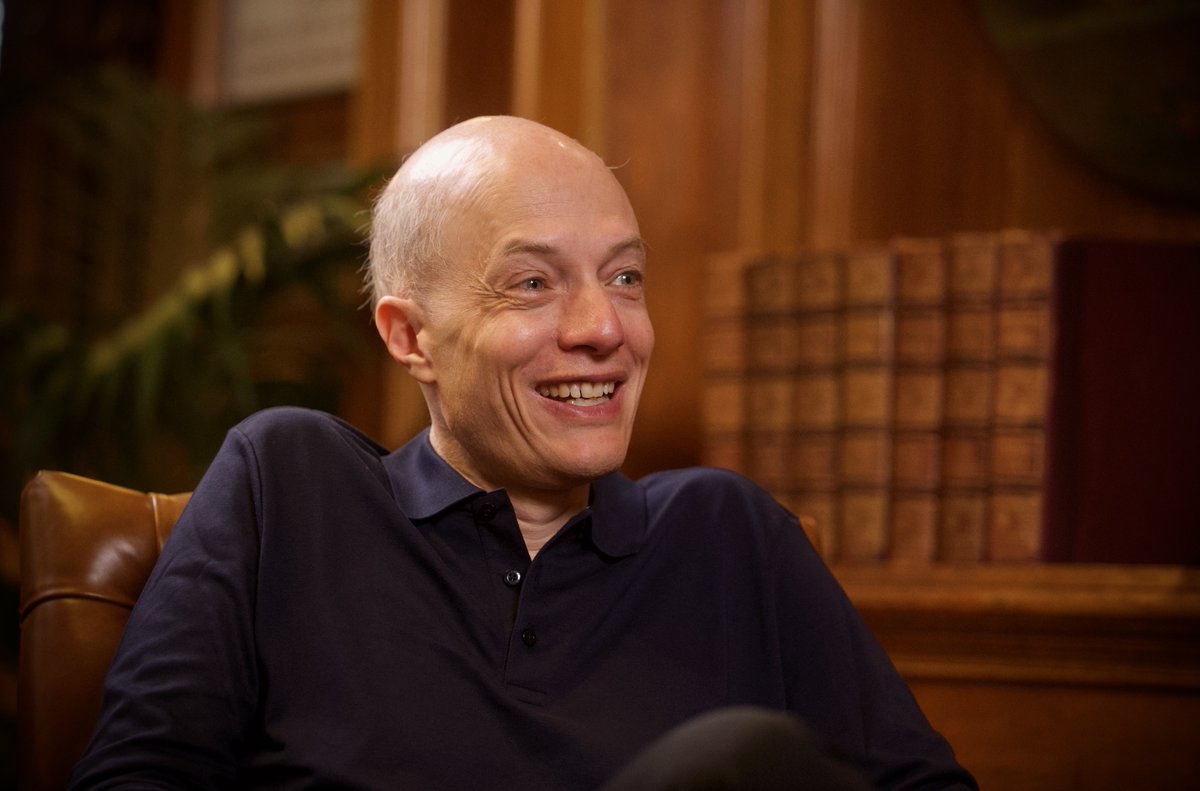


 Ok, the poet Dana Gioia explained the problem better than I ever could.
Ok, the poet Dana Gioia explained the problem better than I ever could. 

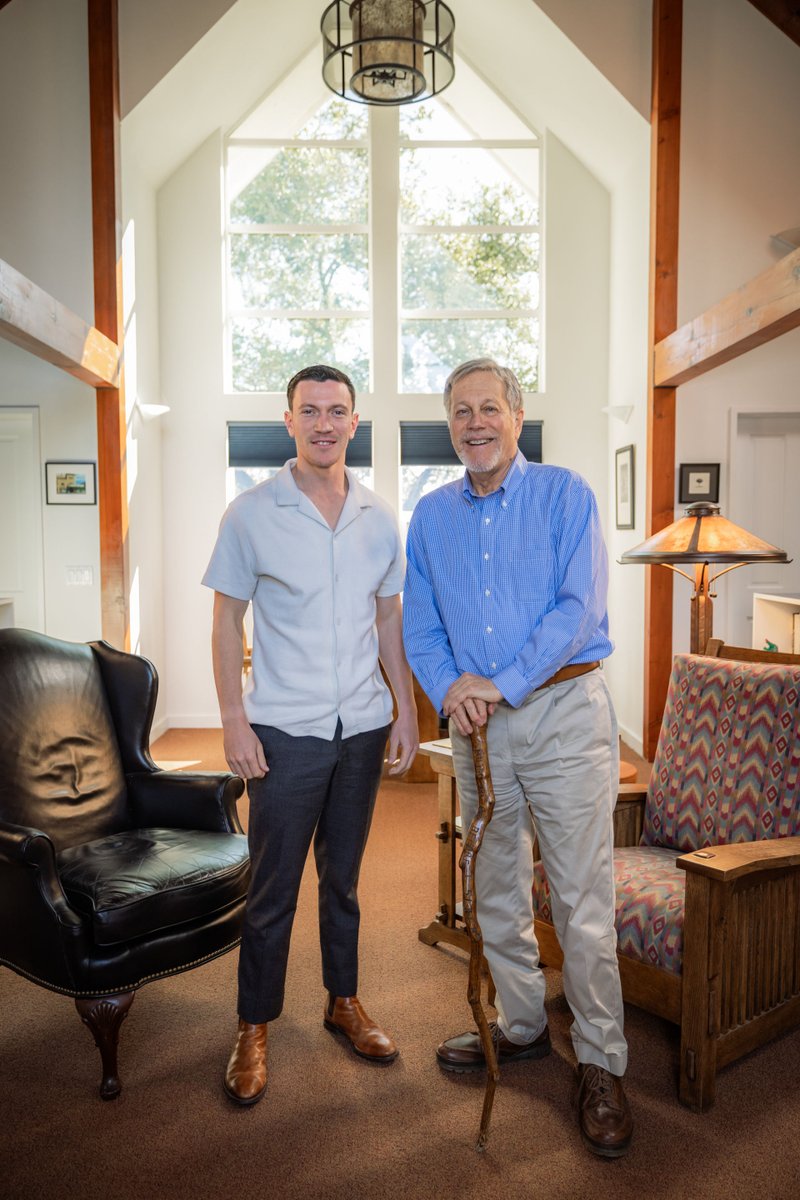







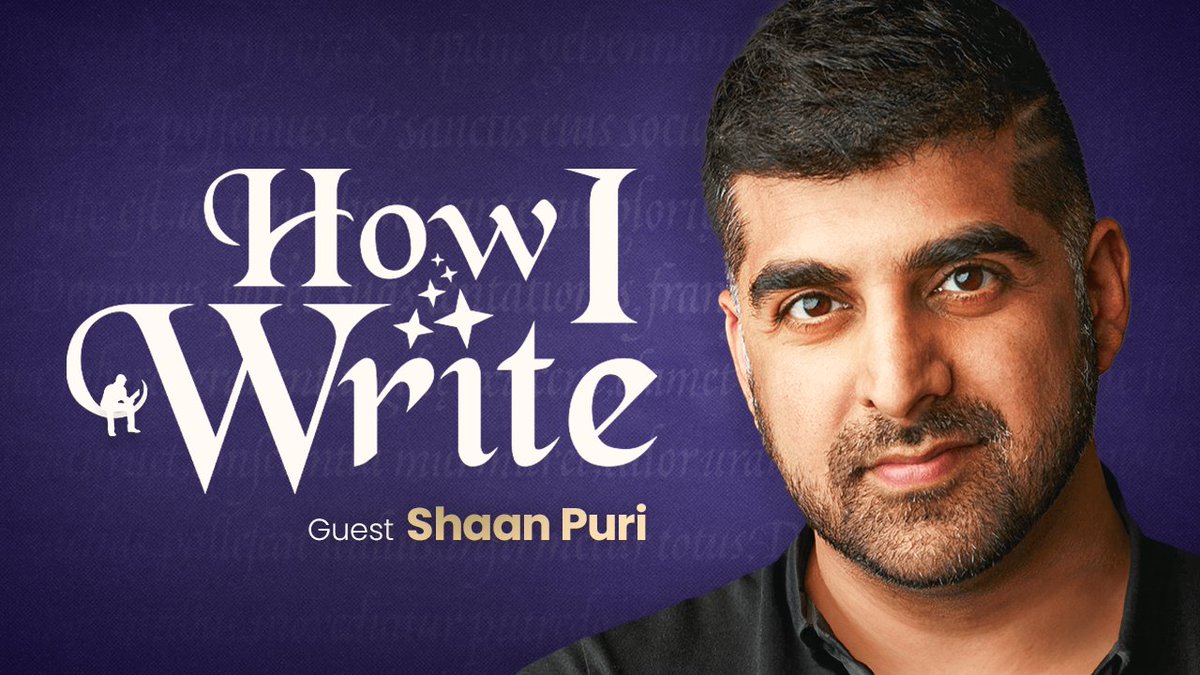

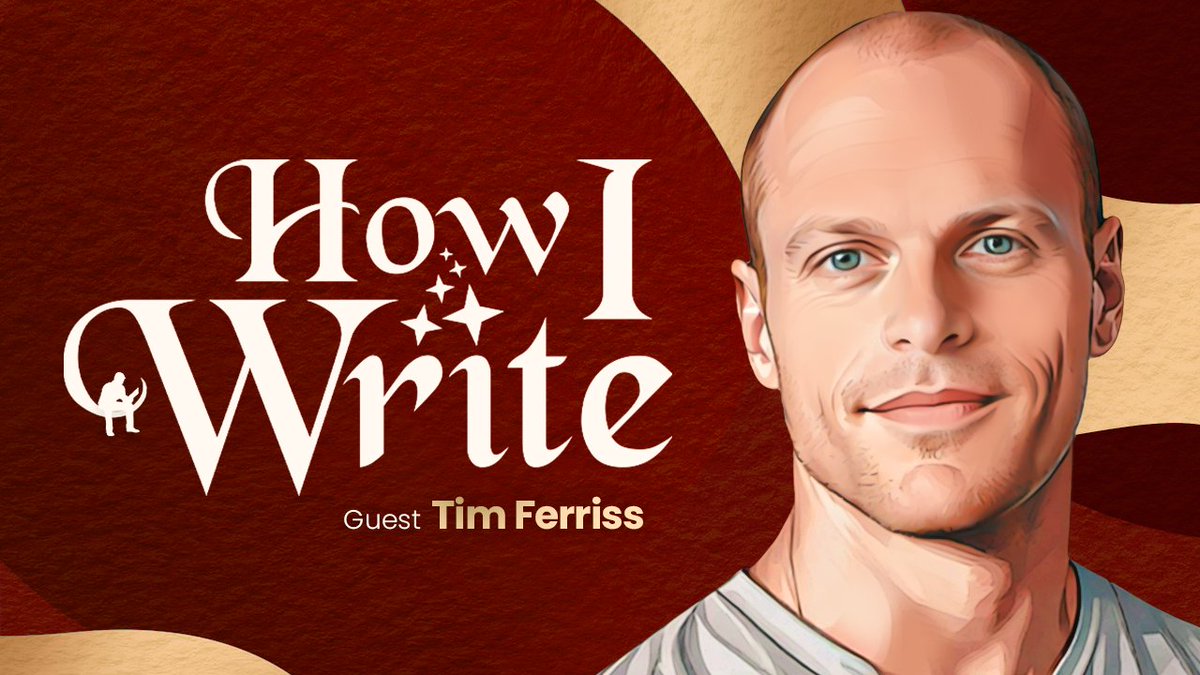

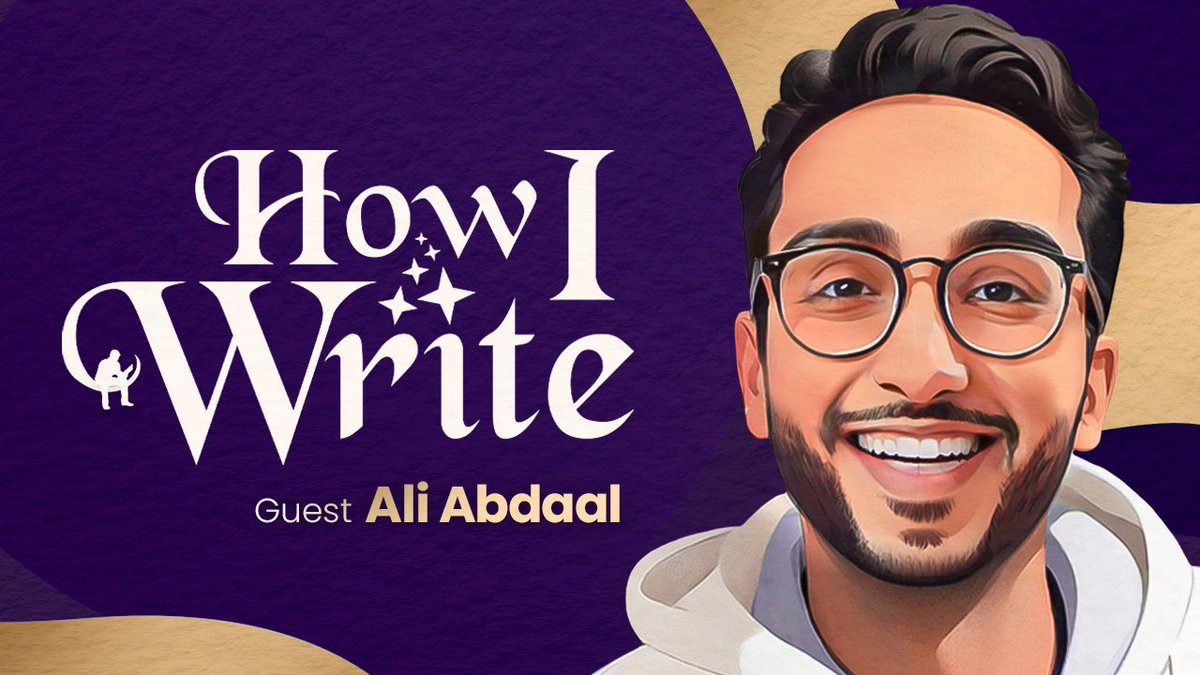



 The movie begins with Regina George as the high school queen bee. Cady is new to the high-school world. She’s naive to the social hierarchy of her new world. Cady isn't in touch with her authentic desires. Instead of developing her own wants, she takes on Regina's as her own.
The movie begins with Regina George as the high school queen bee. Cady is new to the high-school world. She’s naive to the social hierarchy of her new world. Cady isn't in touch with her authentic desires. Instead of developing her own wants, she takes on Regina's as her own. 


 Slootman has led three companies: Data Domain, Service Now, and Snowflake — the largest software IPO in history, at a $70 billion valuation.
Slootman has led three companies: Data Domain, Service Now, and Snowflake — the largest software IPO in history, at a $70 billion valuation.
